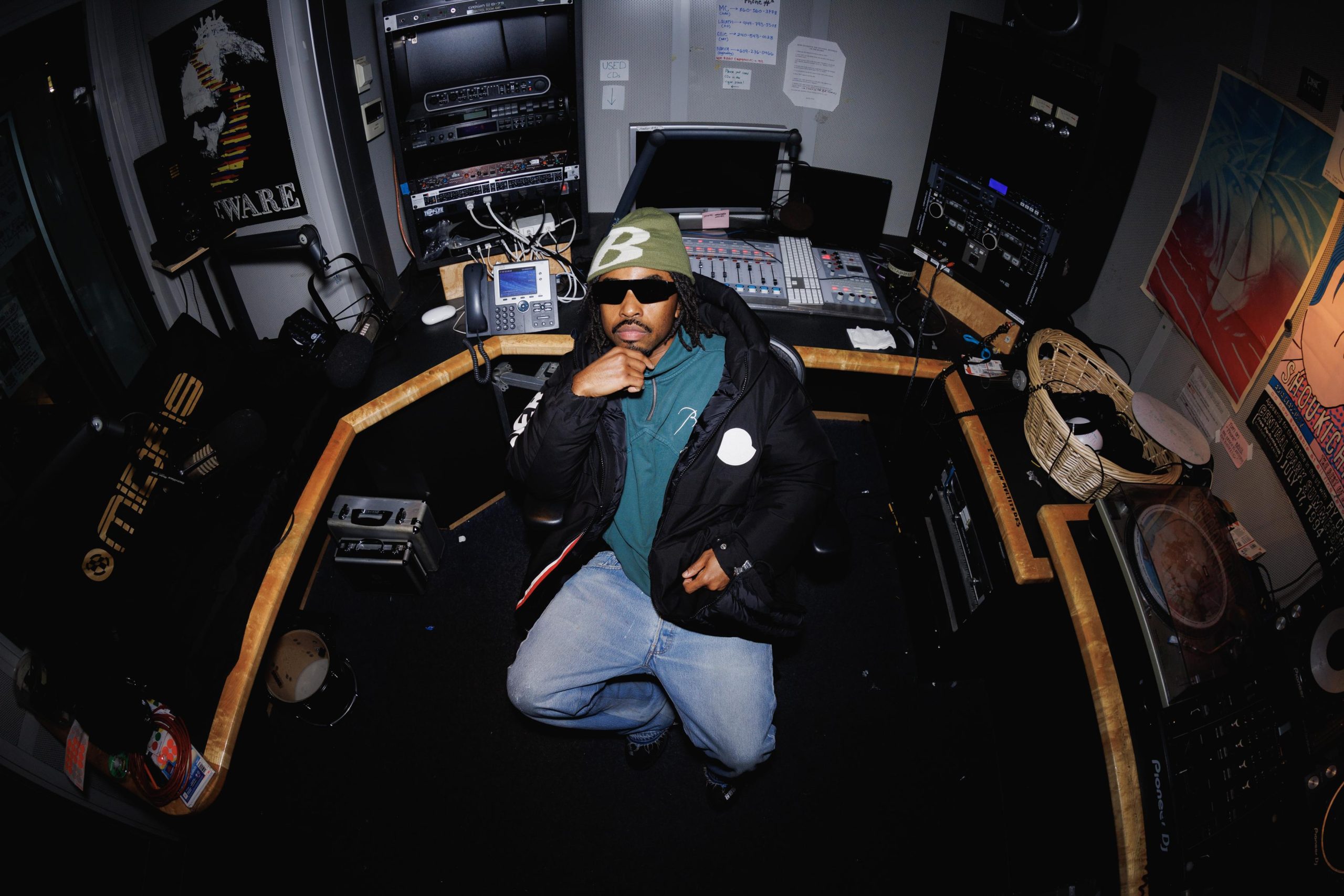When Mez announced his album Still Loading in June 2019, it felt like he was beginning to carve out a creative legacy most multi-hyphenates can only dream up. An EP series, Data Plan, rounded out a rowdy half-decade that included direction on J. Cole’s MIDDLE CHILD music video and writing credits on the majority of Dr. Dre’s Compton.
However, five years of silence has led to a creative fever pitch for Mez. As he gears up for the release of Still Loading, which he promises will be out this year, he’s putting one foot back in the game with Loading, an EP that marks his first project in five years.
Silence may not be the most apt way to describe Mez’s mid- and post-pandemic activities though. Music videos for J. Cole and Ari Lennox and commercials through Mez’s production company Heirs Entertainment occupied much of his time, but music always stayed in his mind.
“Part of it was just emptying my hard drive. I thought this stuff has to be out in the world,” Mez said, “Time is of the essence and I appreciate God letting me be here…so you gotta take advantage of the day, but at the same time, I was never worried about it, because I always knew I was going to come back and do this thing.”
Though some self-crowned multi-disciplinarians can feel stiff in constant movement between mediums, Mez’s process seems to transcend the boundaries of film, music, fashion, and more. A self-described storyteller, music is simply the “first one, the oldest homie” amongst the work he’s done thus far. Branching out into film and fashion weren’t expected moves, but the shoe felt natural to wear.

As insistent as Mez is on his own vision, some of his most notable work is found in writing credits for other artists. Described by Mez as “method acting,” it’s easy to imagine the creative contradiction present in working in someone else’s skin. But any good artist puts in the reps, and working with others trained some of Mez’s best muscles to date.
“That was amazing practice for making a lot of songs,” “it strengthens your muscles and perspective. I use my voice differently now, in a wider range.”
Method acting has helped Mez grow up. As he progresses past the young, unadulterated artist he once hoped to be, the possibility of holding back or restricting certain selves has come in extremely handy.
“When you’re an artist, you don’t really design as much as you remove things. You’re a whole person, you’re a kaleidoscope of a whole bunch of things. If you want to be an artist, you have to pick a part of yourself that you’re going to show everybody,” he said, “You can’t show everybody everything, that’s the hardest part of being an artist sometimes. You have to pick a few things.”
It’s easy to imagine the stability big projects can provide. Taking five years off of music to pursue other creative ventures is a luxury many seek but few get. For Mez though, stability simply provides space to create and be creative without the inhibitions placed on him when he was younger.
“I heard Dave Free talk about Kendrick and how he made better music once he became stable. It’s different growing up how I grew up. I had to financially stabilize my life. I don’t have parents, I have a different kind of experience than a lot of people. I didn’t have a lot of help,” he said. “I had to stabilize my life first and, after that, I could pursue everything.”


Striking it young with names like Cole and Dre risks placing a shadow on the rest of Mez’s career, both in the reputation and quality of work Mez continues to put out. The pressure to top the 300 million views on “MIDDLE CHILD” could easily compound into crippling writer’s block or pressure to perform as it has for many of the Ms. Lauryn Hills and Andre 3000s of the world. For Mez, all these accomplishments have done is instill an assured sense of belonging in the spaces and realms he continues to operate in.
“You gotta think, these people called me. My first interaction with J. Cole – he heard my music through Omen and he hit me up, we’ve been friends ever since. The Dr. Dre thing, I had a tryout for, but they called me back and asked me to come to LA to write his album. It’s not a shadow, it’s affirmation,” said Mez. “All of this shit is constant confirmation to me. Because who else is this happening to over and over again? That’s not everybody’s story.”
The only through line of Mez’s story is Mez. Even a decade after he made his first headlines, it’s difficult to imagine Mez’s future trajectory as anything but upward. In the face of an amorphous industry that uplifts and fails its rotation of talent on a daily basis, Mez’s consistent investment in his own work and his own brand has led to a coronating moment where he’s able to rekindle his connection to his closest and oldest friend.
“I get to create this moment where all of the different things I’ve been working on come to one place. My music stuff, my prowess in making films,” said Mez. “Everything is just culminating in this one place.”

